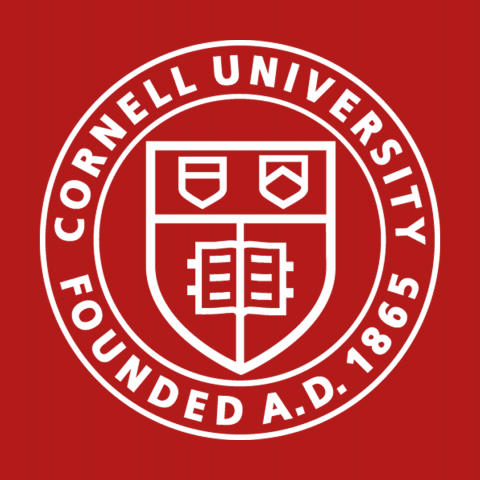One Health
New host-microbe institute connects campus researchers The university has launched the Cornell Institute of Host-Microbe Interactions and Disease(CIHMID), an umbrella organization that brings together the wide-ranging community of Cornell researchers studying...
Sustainability efforts take root at Human Ecology Every weekday, James Jones-Rounds loads his bike onto the front of a TCAT bus in downtown Ithaca and heads to the College of Human Ecology, where he manages a neuroscience lab In his spare time, he volunteers as a...
Sociologist discusses links between breastfeeding, fertility The Feminist, Gender and Sexuality Studies (FGSS) Program launched its lunch series Feb 14 in Rockefeller Hall with a talk by sociologist Vida Maralani “People working in gender studies around the...
Group blazes path to efficient, eco-friendly deep-ultraviolet LED The darkest form of ultraviolet light, known as UV-C, is unique because of its reputation as a killer – of harmful organisms With wavelengths of between 200 and 280 nanometers, this particular form...
Housefly's love of manure could lead to sustainable feed Could the common housefly, which has evolved to recycle nutrients from waste products, help address the Food and Agriculture Organization of the United Nations’ warning that food production will need to...
A United Nations initiative to meet global sustainable development goals will include a leading Cornell voice in issues surrounding population and socio-economic inequality Parfait Eloundou-Enyegue, professor and chair of the Department of Development Sociology in the...
Current projects and discoveries from Cornell Ithaca, Weill Cornell Medicine and colleagues Thursday May 4th 2017, 10:30AM – 5:30PM Nevin Welcome Center, Cornell Botanic Gardens, Ithaca, NY Keynote Address: Arjun Srinivasan, Centers for Disease Control and...
Salmonella food poisoning could damage your DNA Salmonella food poisoning wallops you for several days, but new research by Cornell food scientists indicates that some of its serotypes – variations of the bacterial species – can have permanent repercussions It may...
Climate change in Vietnam spurs students to speak up Ten Cornell students spent two weeks of their winter break on a journey through Vietnam, listening to farmers and community members, and seeing the effects of climate change firsthand The trip was part of an...
Sometimes, Dr Michael Berlin bumps into his patients in the supermarket It’s a perk of community medicine – or as he calls it, “old school medicine” – that attracted him to Ithaca’s Cayuga Medical Center (CMC), where he is a hospitalist The clinical...
Seagrass meadows – bountiful underwater gardens that nestle close to shore and are the most common coastal ecosystem on Earth – can reduce bacterial exposure for corals, other sea creatures and humans, according to new research published in Science Feb 16 “The...
At the request of Provost Michael Kotlikoff, the Cornell Senior Leaders Climate Action Group last fall submitted its report exploring the feasibility and costs of energy and heating options for the Ithaca campus to achieve carbon neutrality by 2035 Here, Kotlikoff...










